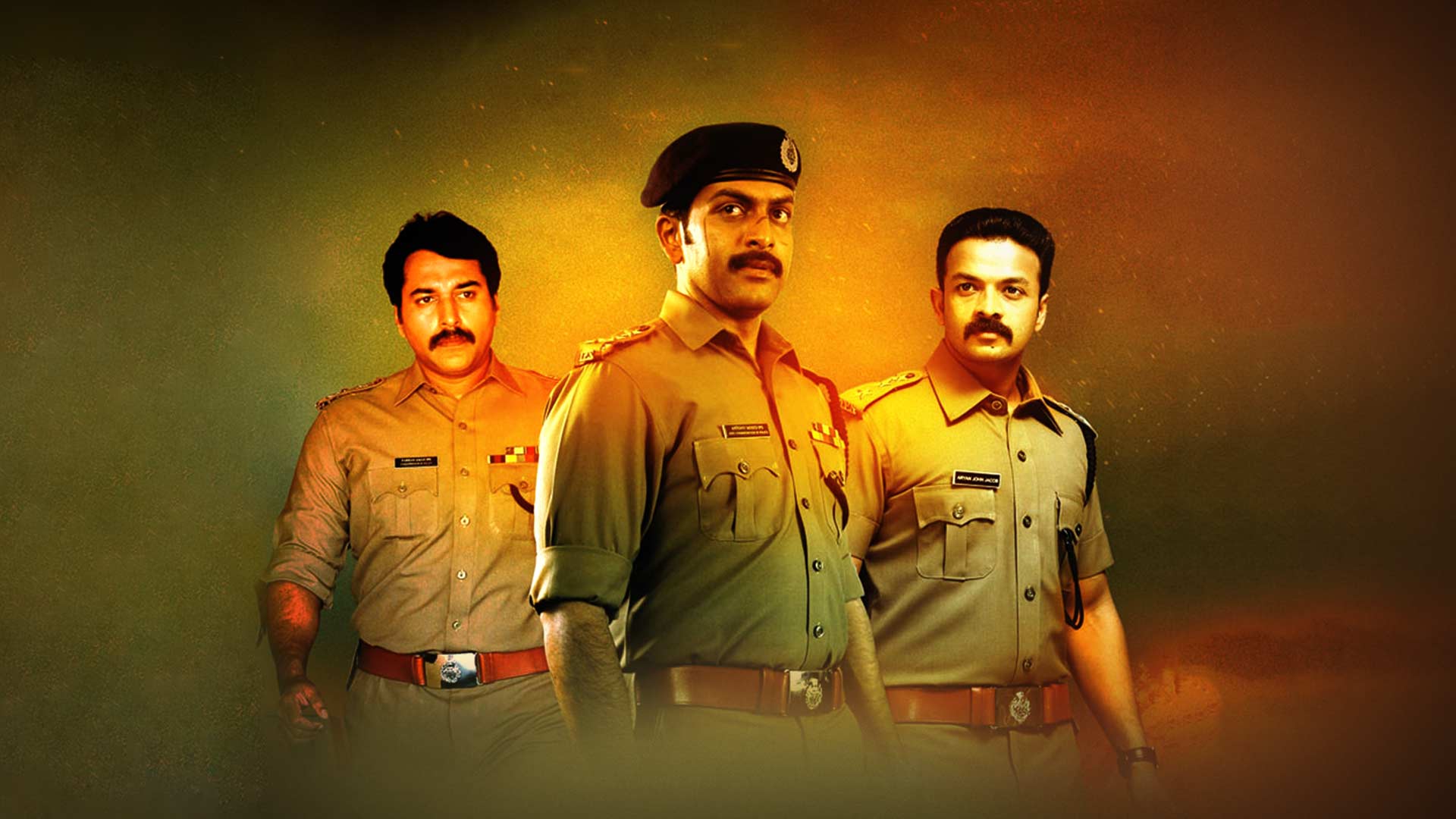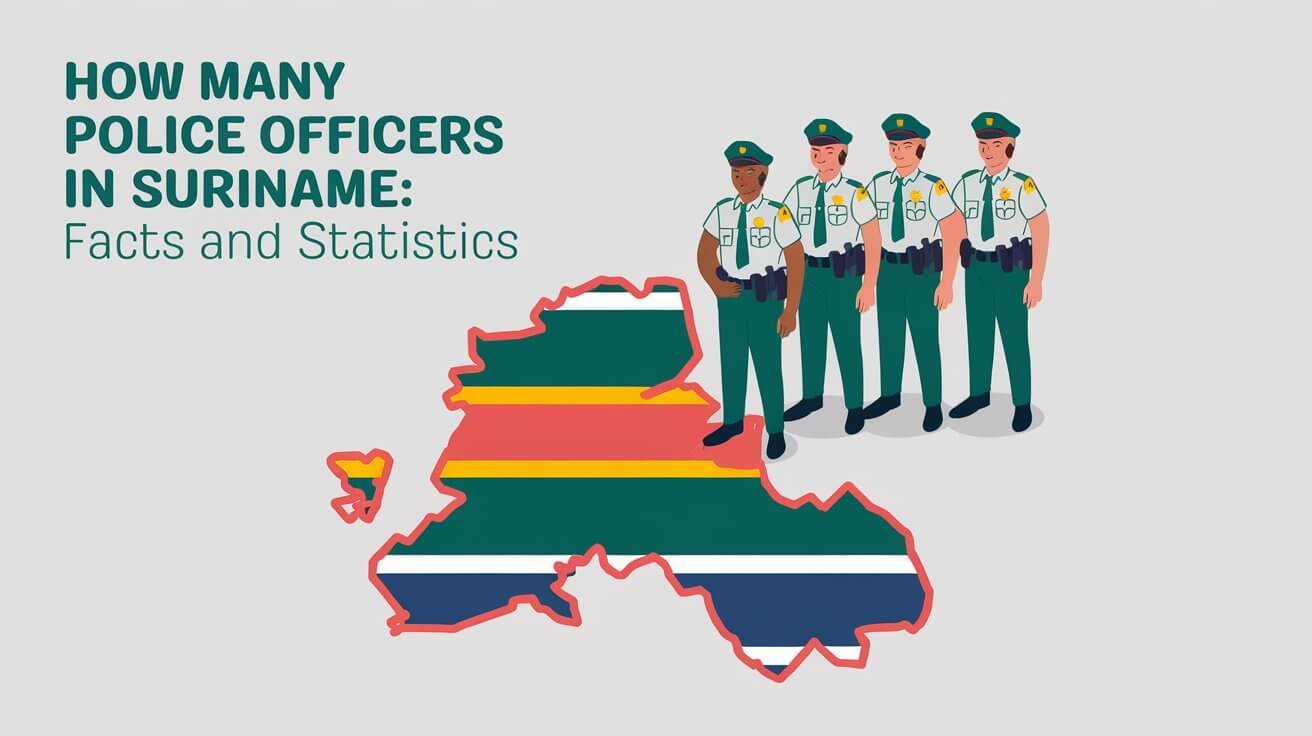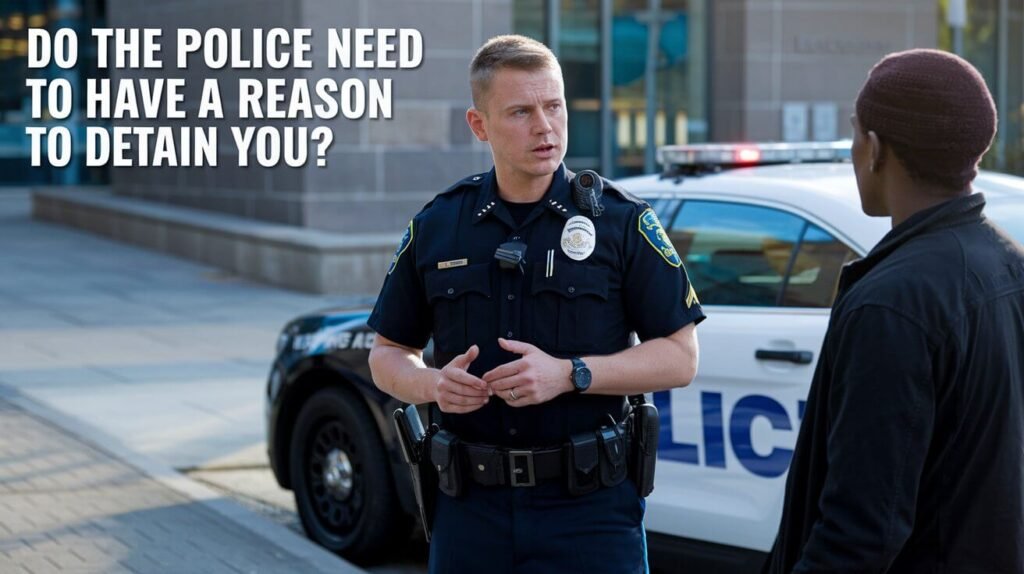Let me tell ya somethin', the phrase "Police Called 12" has been all over the news and social media lately. It's not just some random number or phrase—it's got a story behind it that you're gonna want to hear. If you've been scrolling through your feeds or watching the latest headlines, chances are you've stumbled across this phrase. But what does it mean? Why is everyone talking about it? Well, buckle up because we're diving deep into the world of law enforcement, public safety, and the significance of this intriguing phrase.
Now, I know what you're thinking—what's so special about the number 12? Trust me, it's not about lucky numbers or superstitions. The term "Police Called 12" has become a symbol for something much bigger. It represents the growing concerns around law enforcement practices, community safety, and the need for transparency in our society. In today's world, where information spreads faster than ever, understanding the context behind such phrases is crucial. So, let's break it down together, shall we?
Before we dive into the nitty-gritty details, let me just say this: the topic of law enforcement and public safety is one that affects us all. Whether you're directly impacted by these issues or simply curious about what's going on, staying informed is key. And that's exactly what we're here to do—give you the scoop on "Police Called 12" in a way that's easy to digest and packed with valuable insights. Let's get started!
Read also:Unlock Your Potential Discover The Best Fitness Club In Gates Ny
What Does "Police Called 12" Mean?
Alright, let's cut to the chase. The term "Police Called 12" isn't just a random phrase—it refers to a specific incident or series of events where police were called to address a situation involving the number 12. Now, I know that sounds vague, but stick with me here. This could mean anything from a traffic violation involving vehicle number 12 to a more serious incident where the number plays a significant role. The exact details might vary depending on the context, but the underlying theme remains the same: law enforcement intervention.
In recent times, the phrase has gained traction as a way to highlight the complexities of policing in modern society. It's not just about the number—it's about the broader implications of how and why police are called in certain situations. Think about it: every time someone dials 911, there's a decision-making process that leads to law enforcement involvement. Understanding this process is key to grasping the significance of "Police Called 12."
The History Behind the Phrase
Let's take a trip down memory lane to understand where this phrase came from. The origins of "Police Called 12" can be traced back to several high-profile cases where law enforcement responded to situations involving the number 12. Whether it was a residential address, a license plate number, or even a time-related incident, the number kept popping up in various contexts. Over time, the phrase became shorthand for discussing the nuances of police response in different scenarios.
Now, I'm not saying this is some kind of conspiracy or pattern—it's more about the human tendency to find patterns in randomness. But the fact remains that the phrase has stuck around, and for good reason. It serves as a reminder of the importance of accountability and transparency in law enforcement. And in today's world, where trust between communities and police forces is sometimes shaky, that's a conversation worth having.
Why Is "Police Called 12" Important?
Here's the deal: the phrase "Police Called 12" isn't just a buzzword—it's a call to action. It highlights the need for better communication, improved training, and increased transparency in law enforcement. In a world where misinformation spreads faster than ever, having clear and accurate information is crucial. By focusing on the phrase, we're shining a light on the broader issues surrounding policing and public safety.
Let's talk numbers for a sec. Did you know that in 2022 alone, there were over 24 million calls to 911 in the United States? That's a lot of situations where law enforcement had to make split-second decisions. And while most calls result in positive outcomes, there are times when things don't go as planned. That's why phrases like "Police Called 12" are so important—they remind us to stay vigilant and informed.
Read also:Emily Rath And Orzabal Age Difference A Deep Dive Into Their Relationship Dynamics
Understanding the Impact on Communities
When we talk about "Police Called 12," we're not just talking about numbers or incidents—we're talking about people. Every call to law enforcement affects real lives, and the impact can be profound. For some communities, the presence of police is a source of comfort and security. For others, it can be a source of anxiety and fear. That's why understanding the context behind each call is so important.
Take, for example, the case of a neighborhood where police were called to address a noise complaint involving house number 12. While it might seem like a minor issue, the outcome could have far-reaching consequences. If handled poorly, it could lead to mistrust or even escalation. On the flip side, a well-handled situation could strengthen community relations and build trust. It's all about the approach.
How Does "Police Called 12" Relate to Modern Policing?
Now, let's zoom out and look at the bigger picture. The phrase "Police Called 12" is part of a larger conversation about modern policing. In recent years, there's been a push for reform, accountability, and community engagement. Law enforcement agencies are being asked to rethink their strategies and adapt to the changing needs of society. And phrases like "Police Called 12" serve as a reminder of the challenges they face.
Here are a few key points to consider:
- Increased scrutiny on police practices
- Need for better training and resources
- Importance of community partnerships
- Role of technology in improving response times
Each of these factors plays a role in shaping the future of law enforcement. By focusing on phrases like "Police Called 12," we're encouraging a more nuanced discussion about how to move forward.
The Role of Technology in Policing
Speaking of technology, let's not forget how it's transforming the field of law enforcement. From body cameras to AI-driven analytics, police forces are leveraging cutting-edge tools to improve their operations. And while these advancements offer great potential, they also come with challenges. For example, the use of facial recognition technology has sparked debates about privacy and bias.
So, how does this relate to "Police Called 12"? Well, technology can play a role in ensuring that every call to law enforcement is handled with care and precision. By equipping officers with the right tools and training, we can reduce the likelihood of misunderstandings or errors. It's all about finding the right balance between innovation and accountability.
Key Statistics and Data
Let's talk stats for a moment. According to a report by the Bureau of Justice Statistics, there were approximately 62 million face-to-face contacts between police and the public in 2018. That's a staggering number, and it highlights the importance of effective communication and training. Another study found that about 30% of 911 calls involve non-violent situations, which raises questions about the appropriate use of law enforcement resources.
Now, I know what you're thinking—what do these numbers have to do with "Police Called 12"? Well, they provide context. They help us understand the scope of the issue and the challenges faced by law enforcement agencies. By analyzing data and trends, we can identify areas for improvement and work towards a more effective system.
Breaking Down the Numbers
Here's a quick breakdown of some key statistics:
- 62 million face-to-face contacts between police and the public annually
- 30% of 911 calls involve non-violent situations
- Over 24 million calls to 911 in the U.S. in 2022
- Increased focus on mental health and crisis intervention training
These numbers tell a story—one of complexity and opportunity. By understanding the data, we can better address the challenges faced by law enforcement and the communities they serve.
Real-Life Examples and Case Studies
Let's bring it back to reality with a few real-life examples. One notable case involved a situation where police were called to a residence numbered 12 due to a suspected break-in. Upon arrival, officers discovered that the homeowner had simply forgotten to lock the door. While the situation was resolved without incident, it sparked a conversation about the importance of clear communication and de-escalation techniques.
Another case involved a traffic stop where the vehicle's license plate ended in the number 12. During the stop, officers discovered that the driver was carrying illegal substances. This case highlighted the importance of training and protocol in ensuring that every stop is conducted safely and effectively.
Lessons Learned from These Cases
So, what can we learn from these examples? For starters, every call to law enforcement is an opportunity to improve. Whether it's a minor incident or a major crisis, the way officers handle the situation can have lasting effects. By focusing on training, communication, and community engagement, we can work towards a safer and more equitable society.
Here are a few takeaways:
- Clear communication is key
- Training and protocol matter
- Community engagement builds trust
These lessons apply not just to the phrase "Police Called 12" but to the broader field of law enforcement as a whole.
What Can You Do?
Now that you know more about "Police Called 12," you might be wondering what you can do to make a difference. The good news is that there are plenty of ways to get involved and contribute to positive change. Here are a few suggestions:
- Stay informed by following credible news sources
- Engage with your local law enforcement agency through community programs
- Advocate for reform and accountability at the local and national levels
- Support organizations working towards police reform and community safety
Every little bit helps, and by working together, we can create a safer and more just society for everyone.
Conclusion
Let's wrap things up, shall we? The phrase "Police Called 12" might seem like just another buzzword, but it represents a much bigger conversation about law enforcement, public safety, and community trust. By understanding its origins and significance, we can better address the challenges faced by both police officers and the communities they serve.
So, what's next? I encourage you to take action. Whether it's staying informed, engaging with your local law enforcement agency, or advocating for reform, every step counts. And who knows—maybe one day we'll look back on phrases like "Police Called 12" and see them as milestones on the path to a better future.
Thanks for reading, and don't forget to share your thoughts in the comments below. Let's keep the conversation going!
Table of Contents
- What Does "Police Called 12" Mean?
- The History Behind the Phrase
- Why Is "Police Called 12" Important?
- How Does "Police Called 12" Relate to Modern Policing?
- The Role of Technology in Policing
- Key Statistics and Data
- Real-Life Examples and Case Studies
- Lessons Learned from These Cases
- What Can You Do?
- Conclusion



